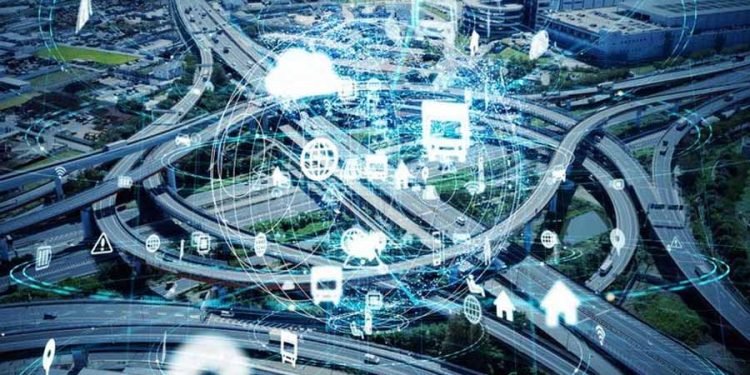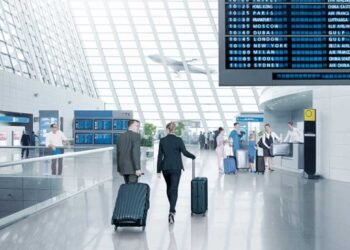Artificial intelligence, or AI, has penetrated our day-to-day lives. We don’t even realize how much we use it daily. Artificial intelligence can work like humans, automate tasks, and pick up information on the go. Many businesses have been adapting this technology to help them function more efficiently. One of the biggest benefactors of AI is the transportation and logistics industry. Even the Drayage service at ArdentX, a transportation and logistics company, has benefitted immensely from AI.
Common Problems Faced by the Transportation and Logistics Industry
The transportation and logistics industry is not immune to everyday problems. Below is a list of common issues faced by the industry:
- Poor traffic predictions
- Poor weather predictions
- Rising fuel costs
- Increasing fleet maintenance costs
- Lack of experienced and skilled drivers
- Poor routing strategies
- Increased cost of transportation and administration
How Can AI be Used in Transportation?
There are many ways in which artificial intelligence can be used in the transportation industry. Below are a few areas in which AI may be useful in transportation and logistics:
Self-Driven Vehicles
Self-driven vehicles are one of AI’s most innovative developments. Many companies use self-driven taxis for transporting people from one place to another. Companies in the US are using self-driven trucks to transport goods from one place to another. With the introduction of these trucks, the administration and maintenance cost is expected to come down by 45%.
Traffic Management
AI can help reduce traffic congestion and improve road safety. Most roads today have sensors and cameras that collect traffic-related data. Artificial intelligence can analyze this data and reveal patterns in traffic movement. As a result, you can get real-time information about road blockages and accidents. It can also give you information about the shortest routes to different destinations, helping you travel without hassles.
Delay Predictions
AI can help resolve one of the air transport industry’s major problems – flight delays. Not only do flight delays cost financial loss to airlines, but also negatively impact the passenger’s travel experience. Add to that the loss suffered by the passengers due to not reaching their destinations on time. Leveraging artificial intelligence and computer vision, the airline industry can provide excellent service to its passengers. These AI systems can predict delays due to bad weather systems, air traffic congestion, or technical glitches and inform passengers beforehand. In addition, the system can monitor airplanes continuously and eliminate unplanned downtime by identifying potential issues early. It can also process real-time flight data, historical records, and weather information to reveal problematic patterns.
Drone Taxis
Drone taxis are among the most exciting and innovative AI applications in the transportation industry. Helicopters without pilots are a great solution to handle carbon emissions, reduce expensive infrastructure and eliminate traffic congestion. These taxis also help deliver people and goods to their destinations on time.
Benefits of AI in Transportation
Using artificial intelligence has been a natural progression for the transportation industry because of the technology’s many benefits. The adoption of AI has had a massive positive impact on the industry worldwide. Below are some of the benefits of AI in transportation:
Reduce Labor Costs
AI can help companies reduce costs and earn higher profits with automated fleets, reduced driving hours, and shorter breaks.
Improve Traffic Safety
AI can also help improve traffic safety and reduce accidents on the road. For example, self-driven vehicles or vehicles that can function as auto-pilot can give drivers a much-needed respite from driving during the night without causing any accidents. It also helps authorities predict traffic congestion and suggest alternate routes based on real-time and historical data.
Data Analytics
Using data analytics and AI in logistics can help upgrade transportation and plan routes and fleets better. It helps identify problem areas in shipment transportation and find solutions to resolve these problems. It can also help improve fleet and driver safety and efficiency through optimal route scheduling and real-time traffic detection.
Prevent Shipment Disruptions
AI can help identify issues with shipments based on past orders. As a result, you can plan the movement of these shipments better and take additional care to prevent any mishaps.
Artificial intelligence has been one of the most impressive innovations in recent years. While it has been extremely helpful in managing transportation and logistics, we must remember that this is just the beginning. The benefits and application of AI in transportation mentioned above are just a glimpse of the possibilities it can offer. With more advances and development, the transportation industry can identify several other opportunities to benefit from this technology.












